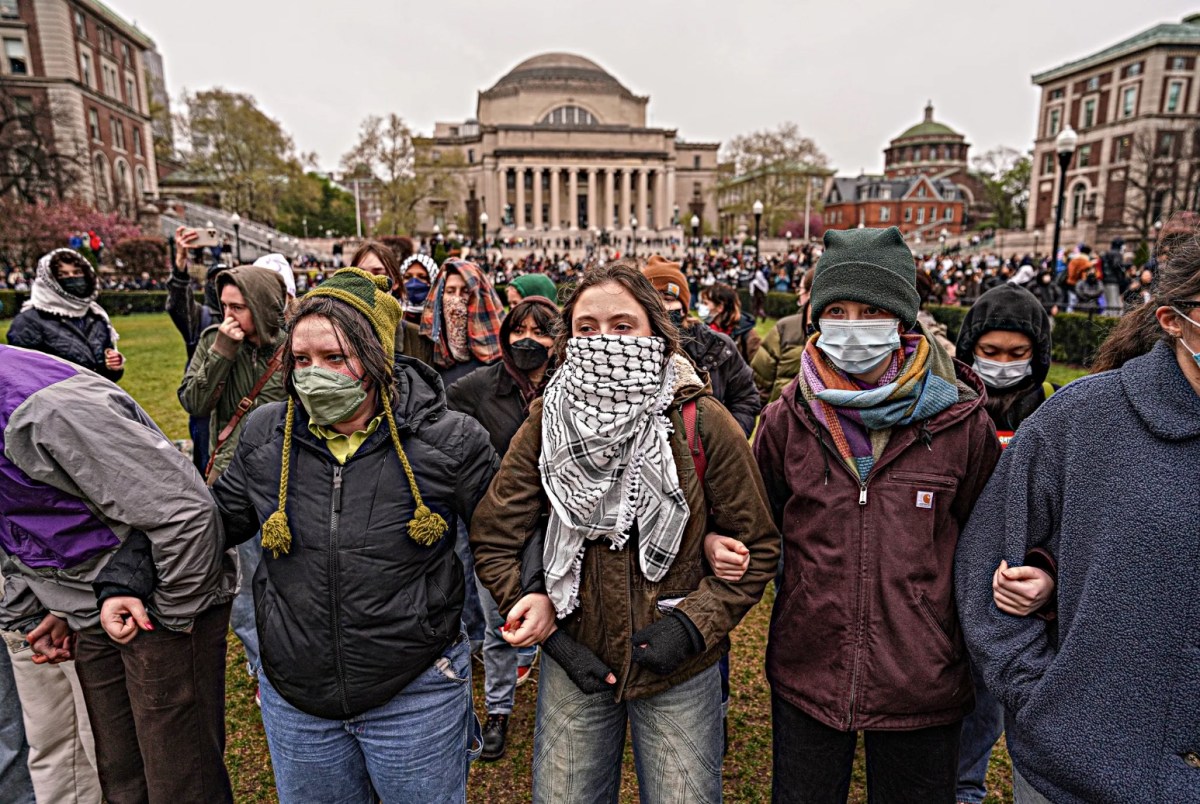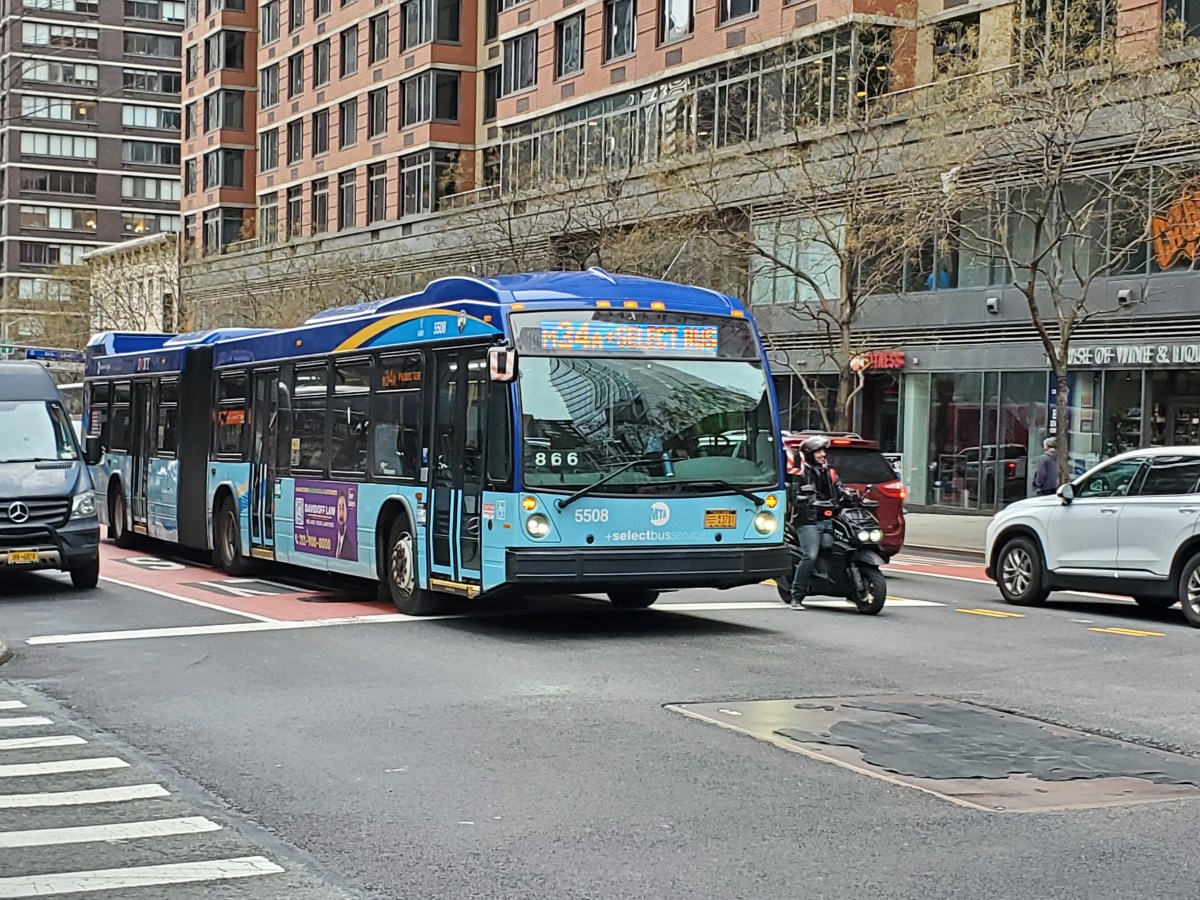Mayor de Blasio’s got a lot on his mind.
As Hurricane Irma barrels into Florida just over a week after Harvey hit Texas and Louisiana, Sandy’s memory looms, having left parts of the city in disrepair to this day.
“We have an immediate danger facing us,” he said, speaking candidly about the unpredictability of mega storms that have pummeled the Gulf and East Coasts. “It’s painful we have to be taught by these tragedies.”
But de Blasio is prepared with a $20 billion resiliency program shoring up New York City against future catastrophic events. “Every year we’re going to get safer because we’re going to continue to build out this resiliency plan,” he said, pointing to the Rockaway boardwalk that was rebuilt after Sandy as a protective wall for Brooklyn’s waterfront. “That 5.5 miles is now a very solid physical barrier against flood waters coming in over the course of a hurricane.”
And he’s not stopping there. De Blasio knows the threat of climate change and has been a staunch advocate for adherence to the Paris Agreement despite President Trump’s decision to renege on the deal.
In the Trump era, however, de Blasio is also fighting other battles bigger than the city itself, vowing to do all he can for the city’s 42,000 Dreamers who may be faced with deportation after the president’s announcement he’s ending the Deferred Action for Childhood Arrivals program. The mayor says the key is getting lawmakers to pass the DREAM Act, otherwise known as the Development, Relief and Education for Alien Minors Act, which would ultimately help Dreamers gain citizenship. “We’ve got to maximize that pressure, mobilizing people in key states and key districts,” he said. “If we can solve it legislatively, all game over. That’s the best outcome.”
And that’s the outcome he predicts. With certain Republicans already committed to supporting the act, this could be Washington’s chance to move forward after sitting on the proposal for more than 15 years.
When he’s not battling decisions at the federal level, de Blasio is pushing for reform in Albany, calling for legislation to address the transit crisis by taxing the one percent for subway repairs. While the plan’s been labeled dead on arrival by some, de Blasio says it’s “the only serious proposal on the table right now.” “That’s something that can be acted on right away,” he said, suggesting a special session of the legislature be called or that it be passed in January during the reconvening.
On where the burden lies, de Blasio remains firm. “The state needs to step up,” he said. “They run the MTA. They’ve got to take full responsibility.”
Homelessness has also been high on his agenda this term with HOME-STAT, or Homeless Outreach & Mobile Engagement Street Action Teams, a hands-on approach deploying Street Outreach Teams to locate and provide services to those without shelter. De Blasio emphasized this is a structural epidemic without a quick fix, but he’s planning for the long term.
“It’s a very painful reality in this city because you’ve got so many people who are homeless right now simply because of their economic circumstances,” he said. “It’s a long battle. This one will not be easy; this will take a lot of work.” The mayor says HOME-STAT has already found shelter and housing for 900 individuals.
While de Blasio’s 50 percent approval rating has been called a sign of voter ambivalence about the mayor’s performance, the fact is New Yorkers are tough to satisfy. His predecessor, Michael Bloomberg scored a comparable 49 percent in an August 2013 New York Times poll. While critics may wish otherwise, the oddsmakers concede that de Blasio’s performance has been strong enough to merit him a second term and four more years tackling both local and national issues.


















